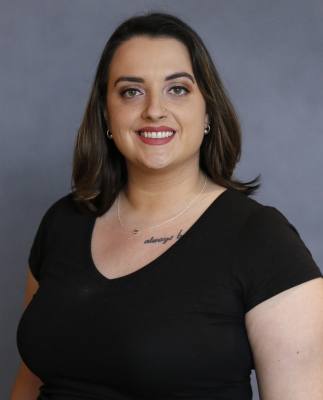At virtual town halls for small business owners on April 8 and 9, Bay Area listeners heard from Houston-area elected representatives and a Galveston County public health official with updates on the trajectory and impact of the coronavirus.
Coronavirus cases are expected to increase through the end of the month, potentially into early May, in Galveston County, the county’s local health authority Philip Keiser said at the April 8 town hall.
Four deaths have been reported in the county as of April 9. Keiser said officials “wouldn’t be surprised if we have more.” However, he added that the number of cases is not rising as fast as officials predicted several weeks ago, which could mean that efforts to keep residents at home are working.
“We think the stay-home things are working, and we’re very pleased at that,” he said. “Everybody’s cautiously optimistic, but it’s too early to say.”
The town hall, hosted by the chambers of commerce serving Galveston County, included Keiser, U.S. Rep. Randy Weber, R-Pearland, and officials with both the Small Business Administration and the Independent Bankers Association of Texas. Small-business owners and constituents on the call had the opportunity to get their questions answered about how the Coronavirus Aid, Relief, and Economic Security Act—also known as the CARES Act—will affect them.
The $2 trillion package, which was signed into law March 27, provides funding to help fight the virus and financial assistance for Americans during the pandemic. Weber, who supported the legislation, said it will provide necessary relief to bolster the economy and offer direct assistance to families, small businesses and workers through recovery checks.
“As your elected member of the U.S. House of Representatives, we watched ... Congress actually get in here and do something that we thought was miraculous,” he said during the town hall.
“My people are hurting. They can’t get through to get their unemployment because you can’t get through the lines and we can’t pay them right now because we don’t have any money coming in,” Martin said. “My question is, what can we do?”
Weber said components have been added to the act to allow for independent contractor eligibility with the Paycheck Protection Program, a major component of the CARES Act funded through the SBA. Starting April 10, independent contractors and self-employed individuals can apply for and receive loans to cover their payroll and other certain expenses through existing SBA lenders, according to a PPP fact sheet from the U.S. Treasury.
April 9 webinar with Sen. John Cornyn
BAHEP President Bob Mitchell, who organized the webinar, said that he has heard mixed information about which loans that BAHEP itself can apply for as a 501(c)(6) organization.
“It’s so confusing,” he said.
Nonprofits, including 501(c)(6) organizations, are not eligible for PPP but can apply for an Economic Injury Disaster Loan Emergency Advance. This loan advance will provide up to $10,000 of economic relief to businesses experiencing temporary difficulties, per the SBA, and Cornyn said these funds are available now. About 190 Houston-area lenders work are capable of processing SBA loans, he said.
The federal government was aiming to get stimulus check money to those who qualify by two to three weeks from the date of the CARES Act signing, but the target has since moved out another week, Cornyn said.
“We’ve tried to get money out the door so fast and there have been challenges, and there will be challenges,” he said.
A caller asked the senator when the risk of contracting COVID-19 might decrease and life could start to return to normal, to which Cornyn said there was no set date. Measures like social distancing are helping to buy time for medical professionals to work towards a vaccine, he added.
“There are things we do on a daily basis that involve risk, like driving your car and living your life,” Cornyn said. “I and you and everybody else is thinking, 'How do we gradually work our way out of this?'”





